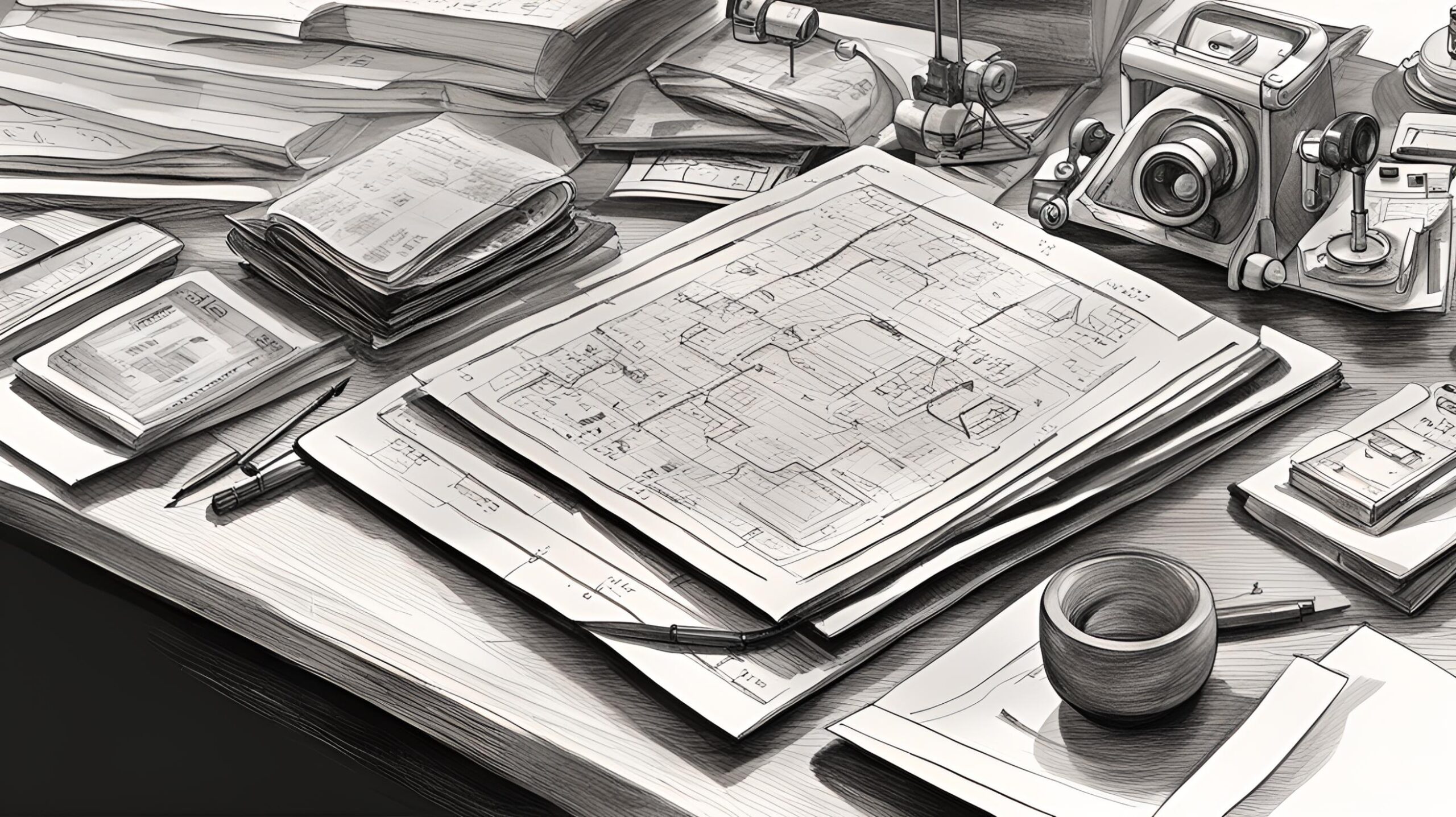Flashback to January 3
American History

1986
Iran Contra Affair: US Attorney General Edwin Meese announces that profits from covert weapons sales to Iran were illegally diverted to the anti-communist Contra rebels in Nicaragua.
Read moreThe Iran-Contra Affair represents a pivotal event in US history and international politics, a complex web of covert practices and maneuvers intended to combat communism in Central America while also attempting to secure the release of American hostages held in Lebanon by pro-Iranian groups. On November 25th, 1986, US Attorney General, Edwin Meese, made the shocking announcement that profits from undercover weapons sales to Iran had been illegally channeled to the anti-communist Contra rebels in Nicaragua.
The Iran-Contra Affair was a complex political scandal involving several high-ranking officials in the Reagan administration, but it was Edwin Meese, the US Attorney General, who lifted the veil on this scheme. His announcement on that November day sent shockwaves through the United States and beyond. Not only did it expose illicit dealings with Iran, a country openly hostile to the US, but it also drew to light the covert support for the Contras in Nicaragua, a direct breach of the Boland Amendment passed by Congress.
The clandestine nature of these operations made the discovery and ensuing investigation into the Iran-Contra Affair an electrifying episode in American politics. This was a period of escalating tensions between the Soviet Union and the US, with the latter taking a staunch anti-communist stance. The Contras, who were fighting the Marxist Sandinista government in Nicaragua, were seen by the Reagan administration as allies in this ideological battle. This endeavor, however covertly executed, was seen as a necessary step in preventing the further spread of communism in the Western Hemisphere.
Meanwhile, throughout the early 1980s, a number of American hostages were being held by Hezbollah, a Lebanese group with close ties to Iran. Reagan administration officials saw an opportunity: trade arms for hostages. They developed a shadowy plan to sell surface-to-air missiles to Iran, hoping thisd gesture would secure the release of the hostages and simultaneously strengthen the moderate elements within the Iranian government.
Nevertheless, these plans were in direct contradiction to public US policy. At the time, the sale of arms to Iran was strictly prohibited. Furthermore, the diversion of funds from these transactions to the Contras was found to be in violation of the Boland Amendment.
Caught in this firestorm was Edwin Meese. As the US Attorney General, it was his responsibility to investigate these illicit activities once they came to light. His announcement of the findings – that profits from Iran weapons sales had been funneled to the Contras – served as the official acknowledgment of the scandal, igniting controversy and sparking a flurry of investigations, hearings, and trials.
The aftermath of Meese’s disclosure resonated across American society and politics. The credibility of the Reagan administration was severely compromised. Numerous individuals were indicted, and several high-level officials resigned. Even today, the Iran-Contra Affair symbolizes a stark example of the covert actions that the US government has been willing to undertake in the name of protecting American interests and combating communism.
The Iran-Contra Affair and the subsequent revelation by Edwin Meese proved to be a turbulent chapter in US history, challenging the nation’s integrity and duplicity in international affairs. It serves as a reminder of the potential dangers of covert government operations and the necessity for transparency and accountability in the highest offices of leadership.
We strive for accuracy. If you see something that doesn't look right, click here to contact us!
Sponsored Content

First patent list issued…
On January 3, 1872,…

Admissions convention meets in…
The Admissions convention, held…

Lost in Yonkers closes…
The Tony Award-winning play,…

Twelve dead coal miners…
On January 3, 2006,…

